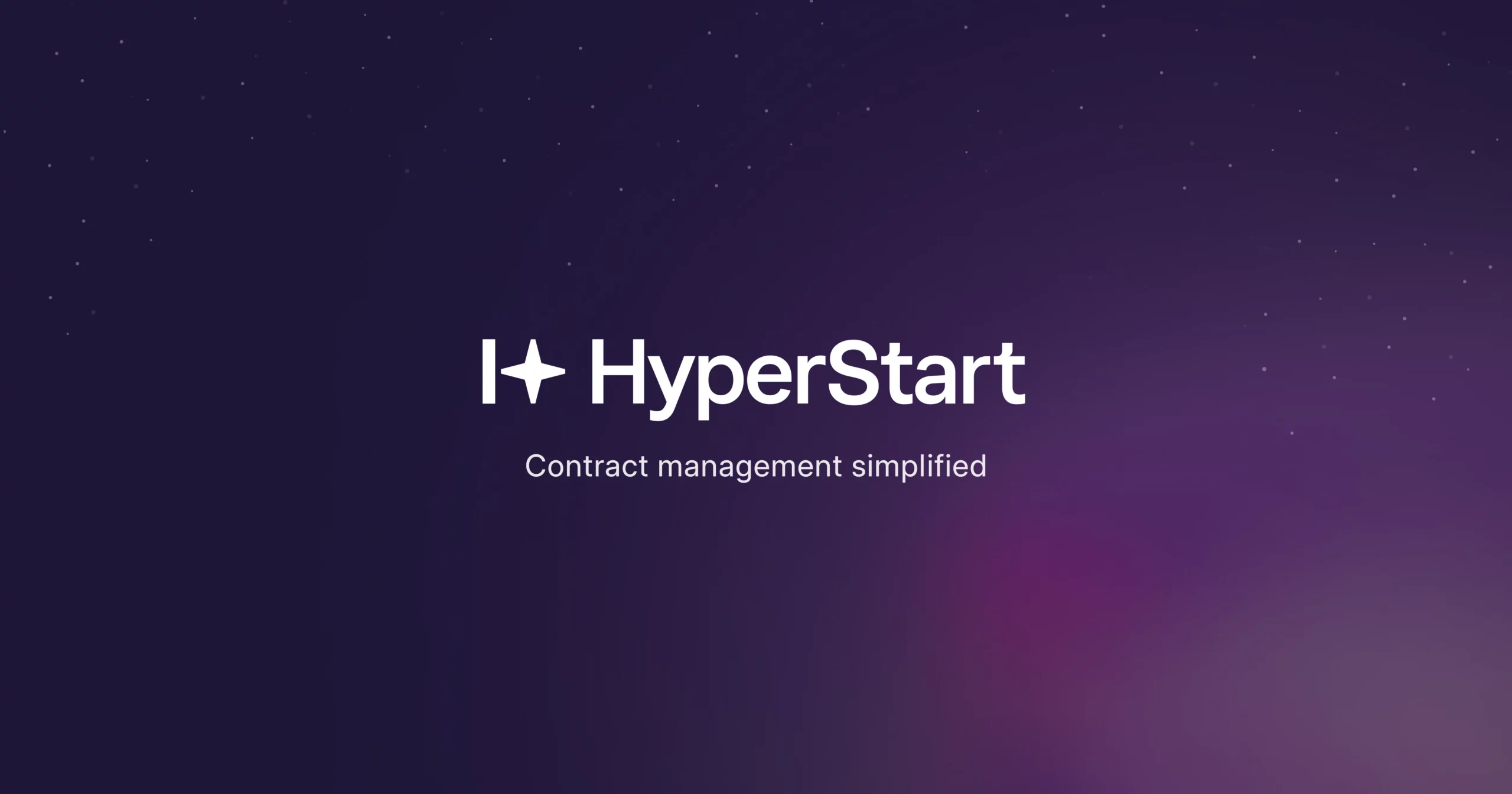What is an express contract?
An express contract is a legally binding agreement between two or more parties where the terms and conditions are clearly stated, either verbally or in writing. This type of contract specifies the obligations, rights, and expectations of parties clearly. This means the terms and conditions of the agreement are clearly communicated and understood by all parties involved.
For instance, a sales contract will outline clearly the terms and obligations of purchase of goods and services, such as a property sale contract.
Among the key characteristics of an express contract:
They are explicitly stated through written documents (like contracts, letters, or emails) or spoken words during negotiations.
They bear mutual assent. This is often demonstrated through signatures on a written contract or verbal confirmation of agreement.
There is an exchange of value between the parties in a form of consideration. This could be money, goods, services, or a promise to perform a specific action.
The agreement must be for a legal purpose and not violate any existing laws or regulations.
Why do you need an express contract?
Express contracts provide several crucial benefits.
Clarity and certainty: They spell out the terms and conditions, eliminate ambiguity, minimize room for misunderstandings and disputes.
Legal enforceability: A well-drafted express contract provides a strong legal framework for enforcing your rights and obligations.
Risk mitigation: They clearly define the scope of work, responsibilities, and liabilities, express contracts help to mitigate potential risks for all parties involved.
Protection of interests: They protect the interests of all parties by outlining their rights, obligations, and remedies in case of breach.
Documentation: They are valuable documentation crucial for future reference.
What are the elements of an express contract?
To be legally valid, an express contract must generally contain the following essential elements:
Offer: One party proposes a clear offer to another party.
Acceptance: The offeree must unequivocally accept the offer as presented.
Consideration: There is a mutual exchange of value between the parties, such as money for goods or services.
Capacity: All parties must have the legal capacity to enter into a contract.
Legality: The purpose of the contract must comply with the governing laws and regulations.
When do you need an express contract?
Express contracts are essential in a wide range of business and personal situations. You must draft an express contract when precision is critical. For instance, where project deadlines and payment schedules are time sensitive. Agreements with significant value, liabilities, or risks or longer-term commitments also call for express contracts. You would need to establish clear, enforceable terms to avoid disputes.
Some agreements that need to express legally binding documents are sales contracts, employment contracts, lease agreements, loan agreements, independent contractor agreements, non-disclosure agreements, and master service agreements.
Legal implications of an express contract
If express contracts are breached, the non-breaching party can pursue remedies through arbitration or litigation. Some remedies include:
Compensatory remedy: This can be monetary or non-monetary.
Specific performance: A court order that requires the breaching party to fulfill obligations.
Injunctive relief: A court order prohibiting the breaching party from taking certain actions.
Termination: This is the cancellation or restitution of a contract with compensation to return the parties to a pre-contractual state.
Implied contract vs. express contract
An implied contract is an agreement that is not explicitly stated in writing or orally. It is inferred from the conduct of the parties and the surrounding circumstances. For instance, an unspoken understanding with your plumber. Whereas, an express contract is a signed lease agreement specifying scope, payment, and timelines.
The key differences include:
Explicitness: Express contracts are explicitly stated, while implied contracts are inferred.
Evidence: Express contracts are typically supported by written or oral evidence, while implied contracts are often based on the conduct of the parties.
How to automate an express contract
Automating express contracts can streamline the process and improve efficiency. Here’s how:
Templates: Create standardized contract templates with boilerplate clauses. Reduce manual drafting time and ensure consistency.
Workflow automation: Automate contract workflows, such as approvals to reduce bottlenecks and improve contract TAT.
Electronic signatures: Implement electronic signature solutions to facilitate quick and secure contract signing.
Integration with other systems: Integrate contract management systems with other business systems, such as CRM and ERP, to improve data flow and streamline processes.
Each of these use cases can be solved with an end-to-end contract lifecycle management (CLM) software. Book a demo with HyperStart to see how we do it.
Try first. Subscribe later.
Boost your legal ops efficiency by 80%.


